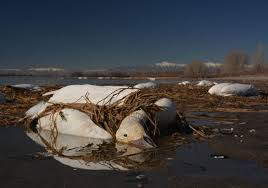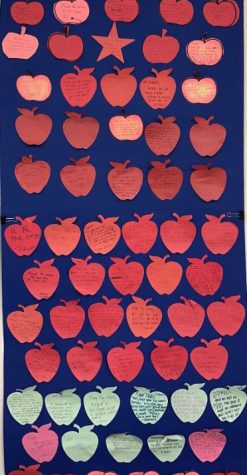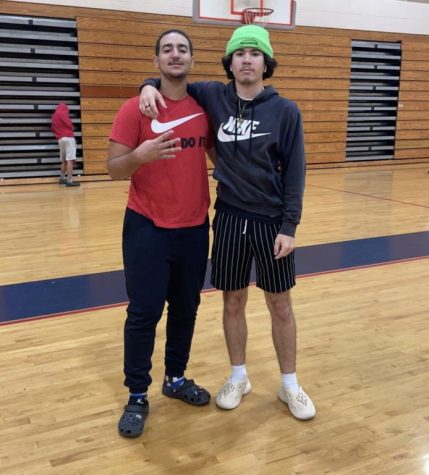Geese in the Time of Cholera

Thousands of snow geese were found dead in eastern Idaho this week near Dubois, Terreten, and Roberts on the Mud Lake and Market Lake Wildlife management region. The birds were migrating from the Southern United States and Mexico to the breeding grounds on Alaska’s North Coast.
The death of the birds is likely to have been from Avian Cholera, states the Department of Fish and Game. Avian Cholera is a disease that quickly spreads through the bird infecting them. Some birds with no previous signs of the infection can die while in flight and fall out of the sky.
Avian Cholera can kill birds in less than 12 hours after being exposed to the disease according to National Wildlife health center. The World Health Organization also states that Cholera affects three to five million people worldwide and causes between 100,000 and 130,000 deaths per year.
Cholera is an infection in the intestine caused by bacterium Vibrio cholera. The cells that are infected by the bacterium start to produce large amounts of fluid that tend to lead to terrible vomiting. Contaminated food and or water can lead to a series of outbreaks quickly. It’s currently unclear how the geese contracted the killer bacteria.
“Out breaks of Avian Cholera have occurred sporadically in the region over the past few decades”, explains Steve Schmidt, a regional Fish and Game supervisor.
Birds can receive Avian Cholera by ingesting contaminated food and water. The Department of Fish and Game has staff and volunteers collecting the dead geese carcasses over the past couple days.
“Important thing is to quickly collect as many of the dead birds as possible, to prevent other birds from feeding on the infected birds”, explains Schmidt.
A dead trumpeter swan was among the dead snow geese which most likely also died the same way the geese had. At the Mud Lake Wildlife Management Area near Terreton Biologist say about 20 eagles were also in the area, but it is unclear if they were exposed. Health experts say that humans are not at a risk of an infection from the bacteria that causes Avian Cholera.
FSA Connection Questions
1.) In this article, the author…?
2.) In this piece the word “Contracted” means what?
3.) The author seems to offer what main idea?
4.) Select the best two sentences from the article that best supports the main idea?
5.) What is the connotation of the word “Contaminated” in this story?

Zoe Farris is a fourteen year old freshman at Freedom High School. She was born and raised in Tampa, Florida. When Zoe was younger, she taught herself...

Sadie is a student at Freedom High School. She is new to the school and is originally from Brandon Florida. Her hobbies are practicing on the piano, writing...










